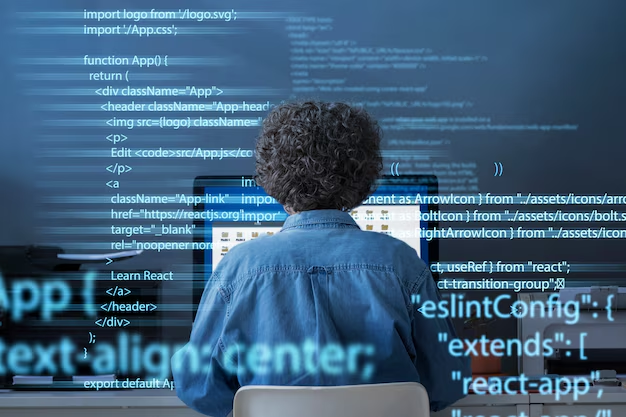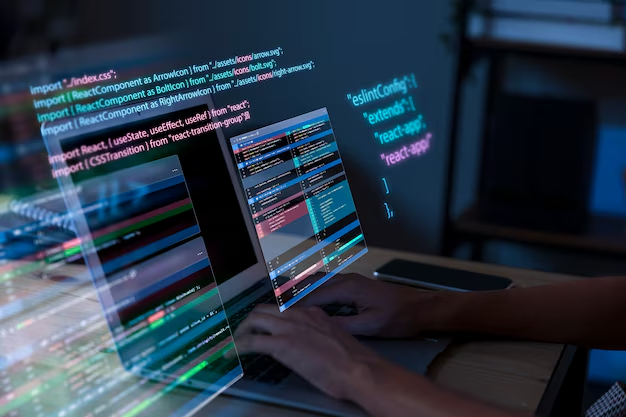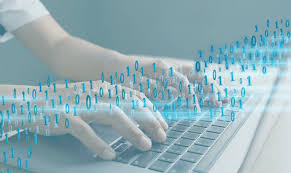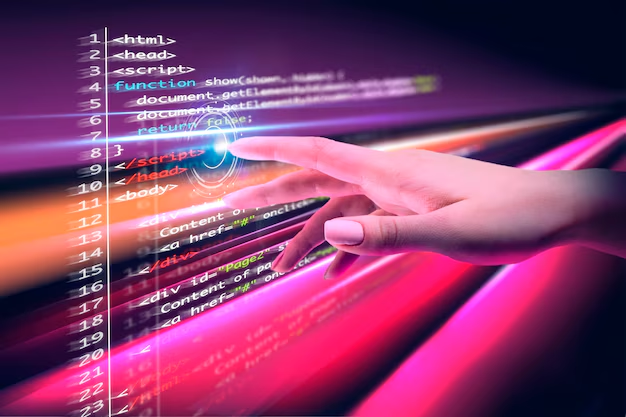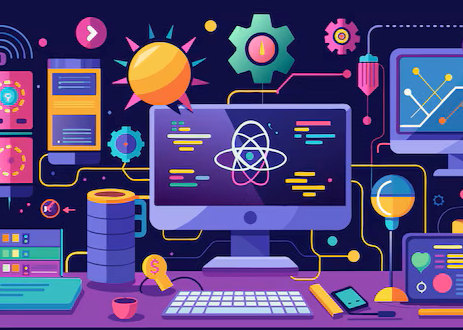About the course
In this course, you will develop a complete program on particle fire explosion, which involves uses of graphics libraries along with fundamental and advanced concepts of C++ programming. This course covers the fundamental concepts of C++ programming including working with operators, functions, loops etc. Advanced concepts like object-oriented programming are also covered in this course, which includes working with classes and objects, using Inheritance and encapsulation etc. In addition to this, the course covers the use of SDL, which is a graphics library, and a vital part in the development of a game or a GUI application. The comprehensive use of SDL has been demonstrated to produce an incredible program on particle fire explosion.
Learning Outcomes
After completing this course, you will be able to:
- Understand the syntax and semantics of the C++ programming language.
- Write inline functions for efficiency and performance.
- Create C++ classes for code reuse.
- Implement copy constructors and class member functions.
- Understand the concept of data abstraction and encapsulation.
- Learn how to overload functions and operators in C++.
- Learn how inheritance and virtual functions implement dynamic binding with polymorphism.
- Design and implement generic classes with C++ templates.
- Learn how to Implement SDL graphic libraries to develop a GUI based programs.
- Boost your hireability through innovative and independent learning.
- Get a certificate on successful completion of the course.
Target Audience
The course can be taken by:
Students: All students who are pursuing professional graduate/post-graduate courses related to computer science or Information Technology.
Teachers/Faculties: All computer science and engineering teachers/faculties.
Professionals: All IT professionals from software programming domain.
Why learn Computer Programming?
Problem-solving refers to your ability to solve problems in an effective and timely manner without any impediments. Whether you are a student, a parent, a businessperson, or the president of any country, you face problems every day that needs solving. For all these things, problem-solving is really really important. Especially when it comes to programming, problem-solving is the must. If you do not develop sound problem-solving skills, you will end up messing around with a given problem, and you would not be able to obtain a solution for ages.
Course Features
- 24X7 Access: You can view lectures as per your own convenience.
- Online lectures: 16 hours of online lectures with high-quality videos.
- Updated Quality content: Content is latest and gets updated regularly to meet the current industry demands.
Test & Evaluation
Each lecture will have a quiz containing a set of multiple choice questions. Apart from that, there will be a final test based on multiple choice questions.
Your evaluation will include the overall scores achieved in each lecture quiz and the final test.
Certification
Certification requires you to complete all the lectures, quizzes, and the final test. Your certificate will be generated online after successful completion of course.
Topics to be covered
Section-A
Introduction to Programming (Flow chartipseudocode, compilation etc.Evolution of programming languages, structured programming, the compilation process,object code, source code, executable code, operating systems, fundamentals of algorithms, flow charts.
Introduction to C, Data Types, Constants, Variables, Expressions, Statements, Operators, Data Input and Output. Character set, Identifiers, Keywords, Data Types, Constant and Variables, Statements. Expressions, Operators, Precedence of operators, Input-output Assignments.
Control Statements, Storage Classes, Library Functions.Control structures, Decision making and Branching, Decision making & looping Storage Classes: Types of storage class, Scoping rules. Standard Library Functions, advantages and use of various library functions (I/O functions, String, Character, Mathematics, Time and Date, functions)
Section-B
Functions, Arrays, Recursion, User Defined Data Types, Structures, Unions, Passing Structure to Functions,User defined and standard functions, Formal and Actual arguments, Functions category, function prototypes, parameter passing, Call-by-value, Call-by-reference, Nested functions. One dimensional Array. Multidimensional Array declaration and their applications, String Manipulation, Recursion, Passing array to a function. Declaration of structures, declaration of unions, pointer to structure & unions.
Pointers, Operation on Pointers, Passing Pointers to Functions, Data Files - Opening, Closing, Creating Data Files Pointer variable and its importance, Pointer Arithmetic, passing parameters by reference, pointer to pointer, pointers to functions, Dangling pointer, dynamic memory allocation. Console input output functions, Disk input output functions, opening closing and creating Data files.

